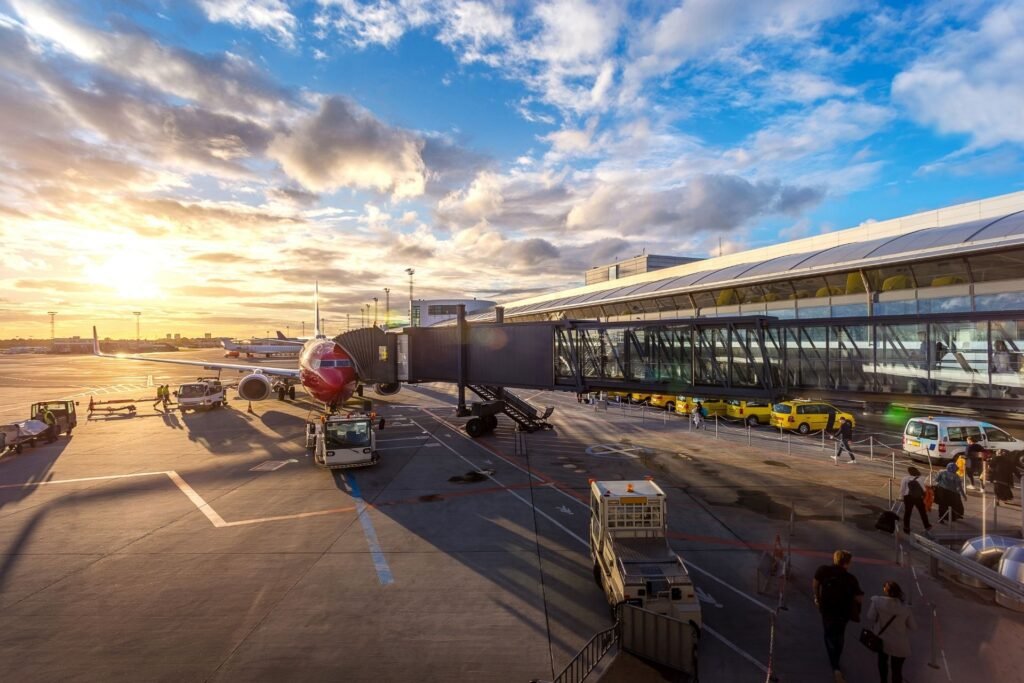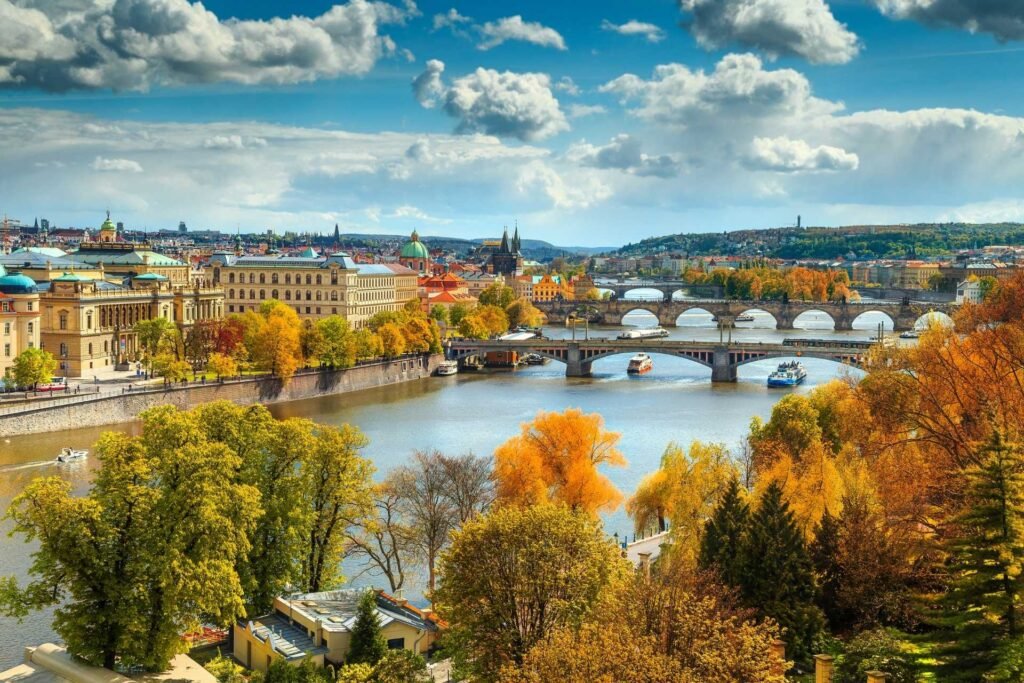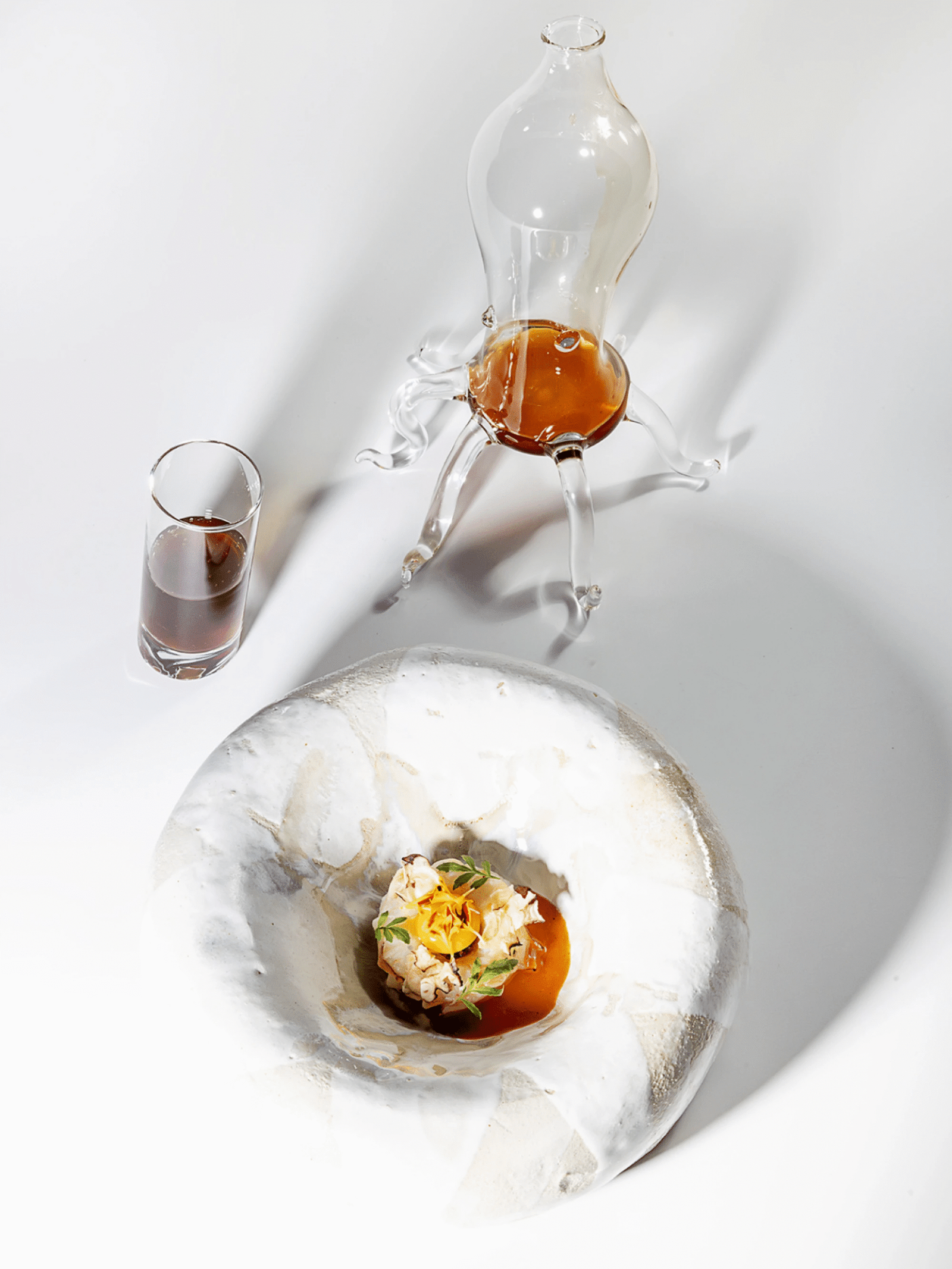Last-Minute Weekend Adventure in Europe
There’s something electrifying about making spontaneous travel decisions. One moment you’re scrolling through your phone on a mundane Thursday evening, and the next you’re booking a flight that departs in less than 48 hours. The thrill of impromptu adventure combined with Europe’s incredible accessibility makes last minute weekend trips Europe an increasingly popular way to inject excitement into ordinary weekends.
The beauty of European travel lies in its forgiveness of spontaneity. Unlike destinations that require months of planning, Europe’s cities welcome the unprepared with open arms. Efficient transportation networks, abundant accommodation options, and compact urban centers mean you can land in a new country and be exploring authentic neighborhoods within hours of arrival.
Modern technology has transformed the landscape of spontaneous travel. Flight comparison apps, real-time accommodation booking, and digital city guides have eliminated many barriers that once made last-minute travel stressful. Today’s spontaneous adventurers can secure flights, accommodation, and restaurant reservations from their phones while commuting to work, turning weekend wanderlust into weekend reality.
The Art of Spontaneous European Escapes
The psychology of spontaneous travel reveals something profound about human nature – our need for unexpected experiences that break routine patterns. Last-minute trips force us to embrace uncertainty, leading to discoveries that planned itineraries often miss. When you can’t research every restaurant or plan every hour, you naturally become more open to serendipitous encounters.
European cities are perfectly designed for this type of exploration. Their historical development created organic urban layouts where getting lost often leads to the most memorable experiences. Unlike grid-system cities where navigation is predictable, European urban centers reward wanderers with hidden courtyards, unexpected squares, and neighborhood gems that don’t appear in guidebooks.
The financial aspect of spontaneous travel has evolved significantly. While last-minute bookings once meant premium prices, modern algorithms and dynamic pricing create opportunities for savvy travelers. Airlines recommend choosing off-peak periods, particularly weekdays like Monday to Wednesday, to secure more budget-friendly flights for city breaks. This flexibility allows spontaneous travelers to find deals that rival or beat advance bookings.
The success of spontaneous European weekends depends on understanding the rhythm of different cities. Barcelona offers a perfect blend of culture, art, and beach life that adapts to any traveler’s mood, while Prague’s fairy-tale atmosphere provides escapism from modern life. Each destination offers different energy levels and cultural experiences, allowing spontaneous travelers to choose based on their current mindset rather than predetermined preferences.

Mastering the Last-Minute Booking Game
The key to successful spontaneous European travel lies in understanding booking patterns and flight algorithms. Weekend traveling in Europe is mainly dominated by low-cost operators including Ryanair, Wizzair, EasyJet, Transavia, TUI, Flybe, Pobeda, Volotea, Vueling, Eurowings, and Condor, which have revolutionized the accessibility of impromptu travel.
Flight booking strategies have evolved beyond simple price comparison. Successful last-minute travelers understand that Tuesday and Wednesday departures often offer the best value, while Friday-Sunday combinations command premium prices. However, these patterns create opportunities for flexible travelers who can adjust their schedules to capture better deals.
The accommodation landscape has been transformed by platforms that specialize in last-minute bookings. Hotels often release unsold inventory at reduced rates as weekends approach, creating opportunities for spontaneous travelers to access premium accommodations at budget prices. The key lies in understanding which platforms offer the best last-minute deals and having multiple options ready when opportunity strikes.
Modern city breaks deliver incredible value, with the hardest part being choosing which amazing city to discover first. This embarrassment of riches means spontaneous travelers can often find multiple appealing options for any given weekend, allowing them to choose based on factors like weather, mood, or special events happening in different cities.
Strategic Spontaneity: Planning for Unplanned Adventures
Successful spontaneous travel requires a different type of preparation – not rigid itineraries but flexible frameworks that enable quick decision-making. Smart spontaneous travelers maintain packed weekend bags, understand visa requirements for different European countries, and keep credit cards with no foreign transaction fees ready for immediate use.
The concept of “strategic spontaneity” involves creating systems that enable quick decisions without sacrificing quality experiences. This might include following social media accounts that share last-minute travel deals, understanding which European cities have the most flight connections from your home base, or knowing which destinations offer the best value for weekend breaks.
Technology plays a crucial role in enabling spontaneous travel. Apps that send push notifications about flight deals, platforms that allow instant hotel bookings, and digital tools that provide real-time information about city events all contribute to making last-minute travel more accessible and less stressful.
The social aspect of spontaneous travel creates unique bonding opportunities. Whether traveling with friends who share your adventurous spirit or meeting fellow travelers who appreciate spontaneity, these trips often create stronger memories than carefully planned vacations. The shared experience of navigating uncertainty together builds connections that last long after the weekend ends.
Hidden Gems That Reward Spontaneous Travelers
Spontaneous travel often leads to discoveries that planned trips miss. When you can’t book popular restaurants months in advance, you end up eating where locals eat. When you can’t secure tickets to sold-out attractions, you discover alternative experiences that prove more memorable than the original plan.
European cities offer countless alternatives to mainstream tourist experiences. Venice’s bacari culture provides intimate dining experiences that don’t require reservations, while Barcelona’s neighborhood markets offer authentic cultural immersion without admission fees. These alternative experiences often provide deeper cultural connections than organized tours or planned activities.
The timing of spontaneous travel often aligns with local events and festivals that enhance the experience. European cities host countless cultural events, seasonal celebrations, and neighborhood festivals that create unique atmospheres for weekend visitors. Spontaneous travelers often stumble upon these events, adding unexpected dimensions to their adventures.
Weather considerations play a different role in spontaneous travel. Rather than planning trips around perfect weather forecasts, spontaneous travelers learn to embrace atmospheric conditions as part of the adventure. Rainy afternoons in Vienna’s coffee houses or snowy evenings in Prague’s taverns create cozy experiences that sunny weather can’t provide.
The Economics of Impulse Travel
The financial landscape of last-minute European travel has shifted dramatically in recent years. Travel providers suggest that making last-minute vacation plans doesn’t need to be expensive, with deals available when planning around 6 weeks ahead of departure. However, truly spontaneous travel requires different financial strategies.
Budget-conscious spontaneous travelers develop skills in real-time deal hunting. This involves understanding which booking platforms offer the best last-minute rates, knowing which airlines release unsold seats at reduced prices, and recognizing which accommodation types provide the best value for short stays.
The hidden costs of spontaneous travel often involve convenience fees and premium pricing for immediate bookings. However, these costs can be offset by savings in other areas – spontaneous travelers often eat at local establishments rather than tourist restaurants, use public transportation instead of private tours, and discover free cultural activities that planned trips might overlook.
European cities offer different value propositions for spontaneous travelers. Eastern European destinations like Budapest and Prague provide exceptional value for last-minute visits, while Western European cities like Amsterdam and Barcelona offer premium experiences that justify higher costs. Understanding these economic differences helps spontaneous travelers choose destinations that align with their budgets and expectations.
Practical Magic
The logistics of spontaneous European travel require different skills than traditional trip planning. Successful spontaneous travelers master the art of packing efficiently, understanding European transportation networks, and navigating foreign cities without extensive preparation.
Packing for spontaneous European weekends involves striking a balance between being prepared for different weather conditions and activities while maintaining mobility. Experienced spontaneous travelers develop capsule wardrobes that work in multiple European climates and situations, from casual city exploration to upscale dining experiences.
Transportation within European cities becomes part of the adventure when traveling spontaneously. Rather than pre-booking transfers and researching optimal routes, spontaneous travelers learn to embrace public transportation as a cultural experience. European cities generally offer excellent public transport networks that make navigation straightforward even for unprepared visitors.
Communication strategies for spontaneous travel have evolved with smartphone technology. Translation apps, offline maps, and real-time transit information eliminate many barriers that once made spontaneous international travel challenging. However, the most rewarding spontaneous travel experiences often involve putting devices away and engaging directly with local culture.
Cultural Immersion Through Spontaneous Discovery
Spontaneous travel creates unique opportunities for cultural immersion that planned trips often miss. When you can’t book popular attractions in advance, you end up exploring neighborhoods where locals live and work. When you can’t secure reservations at famous restaurants, you discover family-run establishments that provide more authentic experiences.
The rhythm of spontaneous travel naturally aligns with local life patterns. Without rigid schedules, spontaneous travelers often find themselves eating when locals eat, walking when locals walk, and discovering the natural rhythm of their destination. This organic approach to travel creates deeper cultural connections than tourist-focused activities.
Language barriers become less intimidating when traveling spontaneously. The need to communicate for immediate needs – finding accommodation, ordering food, asking for directions – creates natural opportunities for cultural exchange. These practical interactions often lead to meaningful conversations and local insights that enhance the overall experience.
European cities offer countless opportunities for spontaneous cultural discovery. Street performers, local markets, neighborhood festivals, and casual conversations with residents create authentic experiences that can’t be manufactured through advance planning. The key lies in remaining open to these opportunities and allowing curiosity to guide exploration.
The Psychology of Spontaneous Adventure
The mental health benefits of spontaneous travel extend beyond simple recreation. Breaking routine patterns, embracing uncertainty, and navigating new environments all contribute to psychological well-being. Spontaneous European weekends provide concentrated doses of these benefits within timeframes that fit modern lifestyles.
The confidence gained from successful spontaneous travel transfers to other life areas. When you can navigate foreign cities without extensive preparation, solve problems in unfamiliar environments, and adapt to unexpected situations, you develop resilience that applies to professional and personal challenges.
Spontaneous travel also provides perspective on daily life concerns. The physical and mental distance from routine environments allows for reflection and renewed appreciation for both travel experiences and home life. This perspective shift often proves more valuable than any specific destination experience.
The social connections formed during spontaneous travel often prove more meaningful than those from planned trips. Shared uncertainty creates bonds between travelers, while the openness required for spontaneous exploration facilitates connections with locals and fellow tourists. These relationships often outlast the trips themselves.
Seasonal Considerations for Spontaneous European Weekends
Each season offers different opportunities and challenges for spontaneous European travel. Winter spontaneity might involve embracing Christmas markets, thermal baths, or cozy indoor cultural experiences. Spring offers opportunities for outdoor exploration, festival attendance, and experiencing cities as they emerge from winter hibernation.
Summer spontaneity requires different strategies due to increased tourism and higher prices. However, summer also offers the longest days, outdoor dining opportunities, and festival seasons that create unique experiences for spontaneous travelers. The key lies in understanding which destinations offer the best summer experiences for unplanned visits.
Autumn provides some of the best conditions for spontaneous European travel. Comfortable temperatures, fewer crowds, and harvest seasons create ideal conditions for impromptu adventures. Many European cities reveal their authentic character during autumn months, when tourist crowds diminish and local life becomes more visible.
Weather unpredictability becomes part of the adventure when traveling spontaneously. Rather than planning around perfect forecasts, spontaneous travelers learn to appreciate different atmospheric conditions as part of the experience. Rainy days in museums, snowy evenings in taverns, and sunny afternoons in parks all contribute to memorable experiences.

The Future of Spontaneous European Travel
The landscape of spontaneous European travel continues evolving with technological advances and changing consumer preferences. Artificial intelligence increasingly enables personalized deal alerts, while improved transportation networks make last-minute travel more accessible than ever before.
Environmental considerations are beginning to influence spontaneous travel patterns. Some spontaneous travelers now factor carbon footprints into their decision-making, choosing destinations accessible by train or selecting cities that offer carbon-neutral accommodation options. This environmental awareness adds another dimension to spontaneous travel planning.
The sharing economy has transformed accommodation options for spontaneous travelers. Platforms that offer instant booking, local host interactions, and unique accommodation types provide alternatives to traditional hotels. These options often enhance the spontaneous travel experience by providing more authentic local connections.
Technology integration continues improving the spontaneous travel experience without diminishing its fundamental appeal. Better translation apps, improved navigation tools, and enhanced communication platforms make spontaneous travel more accessible while preserving the sense of adventure that makes it appealing.
Embracing the Spontaneous Spirit
The appeal of last minute weekend trips Europe lies not in their convenience but in their ability to transform ordinary weekends into extraordinary adventures. They remind us that meaningful experiences don’t require months of planning – sometimes the most memorable journeys begin with a spontaneous decision made on a Thursday evening.
European cities welcome spontaneous travelers with their compact layouts, efficient transportation, and abundant cultural offerings. Whether you find yourself wandering through Prague’s cobblestone streets, sampling tapas in Barcelona’s neighborhoods, or discovering Venice’s hidden squares, the continent rewards those brave enough to embrace uncertainty.
The skills developed through spontaneous travel – adaptability, openness, problem-solving, and cultural sensitivity – extend far beyond weekend adventures. They become tools for navigating life’s unexpected challenges and opportunities, making spontaneous travel an investment in personal development as well as memorable experiences.
As you consider your next weekend adventure, remember that the best spontaneous trips combine careful preparation with complete openness to serendipity. Keep your passport ready, maintain flexible booking strategies, and most importantly, remain open to the unexpected discoveries that make spontaneous European weekends unforgettable. The continent’s cities are waiting to surprise you, and the next adventure is just a quick decision away.
If you liked this article, check the other ones on Majestic Mondo website. Consider joining the Instagram community as well, to fully enjoy the beauty of our planet.




Leave a Reply